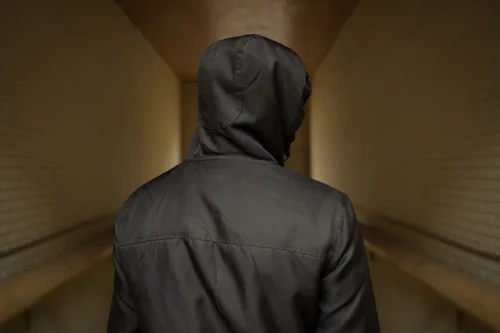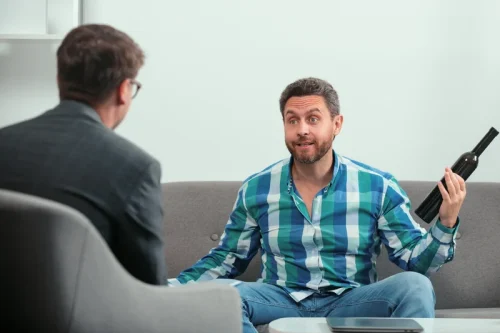
Even when you have a concrete plan to identify and manage your relapse triggers, the risk is always there. Unfortunately, anywhere between 40 to 60 percent of recovering addicts relapse one year after completing treatment. These relapse episodes don’t indicate failure, nor do they mean you’re doomed to addiction forever. Because most of the time, triggers seem to appear out of nowhere, a better option is to learn how to manage triggers. Combatting triggers starts with self-awareness and self-empowerment. Thus, an addict must change their mindset from feeling like a victim to understanding that they are brave for choosing to better themselves through addiction treatment.

Strategies to Manage External Triggers and Prevent Relapse
The best way to avoid these triggers is by creating a structured routine that keeps you busy without feeling stressed. A healthy routine includes a strong support system, a sober living environment, and healthy activities. When it comes to addiction triggers, we can divide them into internal and external factors. The first ones are things such as feelings, stress, self-worth, self-doubt, and other emotional elements. On the other hand, external relapse triggers can be individuals, places, situations, or objects that bring you back to your addiction days.
Emotional Regulation and Coping Strategies
There may be times in your life when triggers are more powerful than others, but you will learn how to better manage them. There are also many alternatives to 12-step programs that may work better for you, both in-person and https://ecosoberhouse.com/ virtual or online. Ask those you trust to help remove any triggers from your space, such as medication or alcohol bottles. You may want to let your loved ones know what you’re going through and how you plan on coping.
ADDICTION COACHING
- Identifying and managing triggers can be a big part of recovery.
- To learn more about how to defeat these triggers, contact Dr. Mark Leeds.
- Since external stress is out of our control, we need to find effective ways to neutralise them.
- Don’t face these challenges alone—join our community at The Retreat today!
- Combatting triggers starts with self-awareness and self-empowerment.
- Others say trigger warnings can reinforce avoidance behaviors, which might only exacerbate PTSD in the long term.
It’s important to recognize when your thoughts are leading in a direction that could make sobriety more difficult. Some things may be more difficult, such as disassociating from friends you used to use substances with. Triggers can be powerful because they are linked to intense emotional needs. They often arise when a person feels a need for acceptance, security, or control. In these cases, a trigger is anything that prompts an increase in or return of symptoms.

How To Disarm Internal Triggers and Improve Focus
In addition, our aftercare recovery programs offer ongoing support to those recovering from drug and alcohol addiction. When it comes to aftercare programs, we believe they’re critical for trigger management and relapse prevention. Remember, inpatient and outpatient programs focus largely on addressing the underlying cause of addiction. While in most treatment programs, you do learn relapse prevention techniques, we all know the addiction doesn’t end once you leave rehab. There are two main types of triggers that can start someone towards the path of relapse.
- It is still possible to prevent relapse and a return to addictive behavior after cravings have begun, but it is better to prevent the craving in the first place.
- Specialists often recommend “thought stopping” strategies, the development of refusal skills, and the avoidance of high-risk situations.
- If you or a loved one has experienced a relapse, or are just considering treatment options, we are here to help you.
- Learning to identify cravings and triggers is a crucial step in recovery.
- The Massachusetts Center for Addiction specializes in helping individuals understand their triggers and build the emotional skills needed for recovery.
- If a person can’t control the trigger fully, they may be able to limit the emotional reaction to it before it becomes problematic and harder to address.
Support the creation of new tools for the entire mental health community. Dr. Bricker advises writing down the trigger, whether or not you subsequently give in to the distraction. It often starts with strong emotions that make you neglect your physical and psychological well-being.
Understanding Mental Health Triggers

Whether your triggers are emotional distress or a specific situation, it is essential that you know what compels you to use when trying to lead a life of sobriety. Understanding what triggers you to relapse and having a plan internal vs external triggers in place for these triggers are your first steps toward prevention. The Massachusetts Center for Addiction specializes in helping individuals understand their triggers and build the emotional skills needed for recovery.
